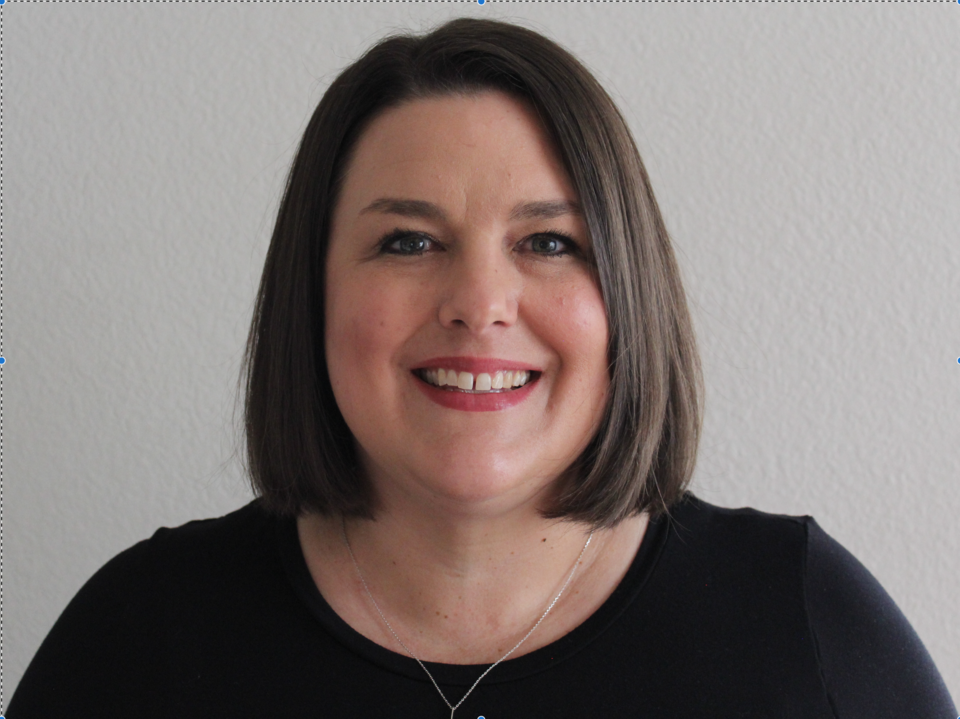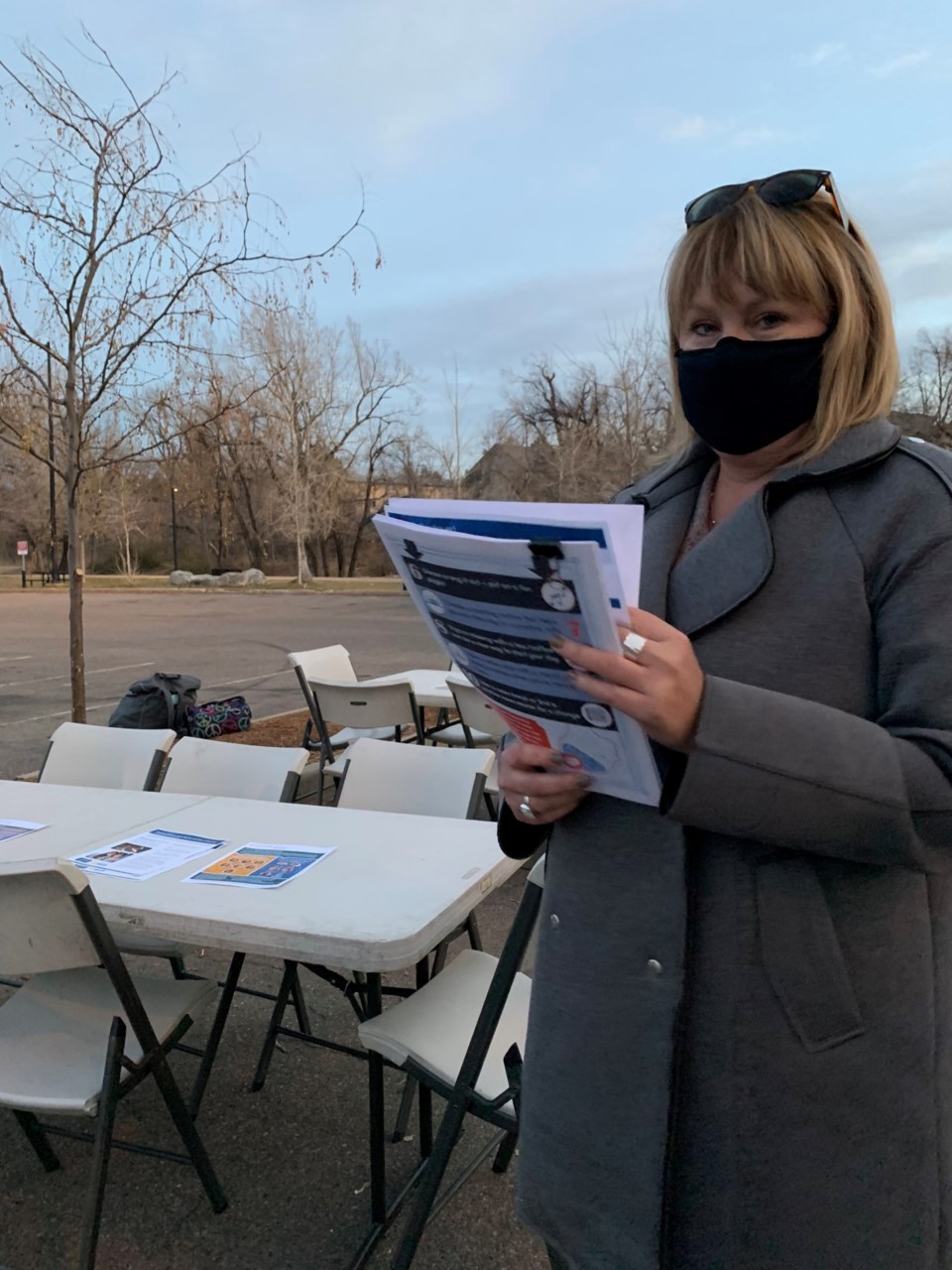As the pandemic continues to take a toll on the well-being of most, concerns surrounding the mental health of children and teenagers loom large.
How large remains to be seen, as many organizations who serve youth facing mental health crises or just having a bad day say their referrals have been down while students have been attending school remotely. They expect the number of kids and teens seeking support to rise as they return to in-person learning.
Rise Against Suicide, a nonprofit organization that helps kids at risk of suicide find and access mental health treatment, saw its highest-ever number of referrals from across Boulder County in February, right before the COVID-19 pandemic shut down businesses and schools, said executive director Jenna Clinchard.
While she and her team expected to see referrals rise through the following months, the anticipated spike did not come to pass.
“Before COVID closed schools in March we were projecting to have even more kids referred to us than in February,” she said. “Then when COVID closed schools, those numbers started to go down.”
 Rise Against Suicide executive director Jenna Clinchard. By Courtesy photo
Rise Against Suicide executive director Jenna Clinchard. By Courtesy photo“We had to get creative in how we reach youth,” she said. “We are not seeing as many kids as we’ve seen in the past but what many in the mental health community are saying is that when kids start getting back to school, we will be inundated with referrals … We are getting prepared.”
In Colorado, suicide is a leading cause of death for youth and young adults, according to the Colorado Department of Public Health and Environment. In Boulder County, 35 youths between the ages of 10 and 19 have died by suicide since 2009.
The pandemic has been associated with mental health challenges not only as a result of fear of the virus but also the change in activities brought on by COVID-related restrictions and shutdowns.
A survey conducted June 24-30 by the Centers for Disease Control found the prevalence of anxiety and depression symptoms had sharply risen compared to the same time the previous year, especially among younger adults.
A similar trend was identified in terms of suicide ideation, with close to 11% of those surveyed saying they had “seriously considered suicide in past 30 days.” Among respondents ages 18 to 24 it rose to 25.5%, and among Hispanic respondents it rose to 18.6%.
Need help?
For immediate and confidential support, call the Colorado Crisis Services hotline at 844-493-8255.
To connect with a crisis counselor via text message, text HOME to 741741.
For in person support, visit the Boulder County Mental Health Walk-In Center 1000 Alpine Ave., Boulder, or call 303-447-1665.
Olga Cordero, director of student services, equity and engagement, said St. Vrain Valley School District has been working to ensure families and students can access services they need, often partnering with community organizations, including Longmont Children Youth and Families, Mental Health Partners, Rise Against Suicide, Blue Sky Bridge, OUT Boulder County and Salud Family Health Centers.
"When needed, our students, teachers, staff, parents refer themselves or their students to the school counselor or interventionist. If our team of counselors or interventionists see a need to refer to a community mental health partner, a counselor or interventionist will assist the family in getting to where they need or want to go,” she said. “Our team keeps the family's unique needs at the forefront of our work.”
Hilda Zamora-Hursh, bilingual counselor at Longmont Children, Youth and Families, said remote learning has unearthed and prompted challenges for many youth.
“A lot of kids that are really struggling with the online school and really struggling because they don't have those connections to their peers anymore,” she said. “Adolescence is really a time when you are finding who you are as a person, finding your group of friends and what it is you like to do apart from your family, your parents and during COVID the ability to do that is so incredibly limited. So that developmental piece ... is really stunted for a lot of kids right now.”
It is not just the potential struggle with academics, but missing social interactions, the lack of participation in clubs, sports and milestones such as prom and graduation that may take a lasting toll, Zamora-Hursh said.
“I think that what we're going to see is a surge (of need) even more than before,” she said. “Because things right now are just kind of sitting under the carpet. (Potential issues) are not being identified because families are just managing the very best way they can.”
COVID has exacerbated barriers to access to mental health services for many youth, especially those in the lower income brackets as well as members of minority groups, such as the Latinx community, she said. Similar to Rise Against Suicide, the city’s children’s and youth services relied heavily on community partnerst for referrals. In the past year, most have come from the police department.
“These are emergency calls that the CORE team is going out and they're responding to,” she said. “What I'm seeing is more families in crisis, more family conflicts … outbursts that are causing neighbors to call the police.”
CORE is an acronym for Crisis Outreach Response and Engagement, a police department unit comprising a behavioral health clinician, a paramedic and a specially trained officer that responds to emergency calls in which mental illness or substance use is believed to be an issue.
As students return to school, Zamora-Hursh said she expects increased needs will result in an increase in referrals, taxing an already overburdened system.
“There is more of a need than there is availability to help. (Systems) are just bursting at the seams,” she said, adding a major concern is a lack of bilingual and bicultural service providers who can provide adequate and timely support to Latinx families.
“The reality is that we don't have the structure in place to meet cultural needs that (some) families have so I think the burden lies on us to be able to create that so there is access,” she said.
To support individuals and families during the pandemic, Mental Health Partners launched the Colorado Spirit Crisis Counseling Program, a team of providers offering free and confidential brief counseling as well as connection to resources across the Boulder and Broomfield communities.
 Jen Neslon, a child and family specialist for Colorado Spirt Crises Counseling Program, does outreach at Community Food Share in Louisville. By Courtesy photo
Jen Neslon, a child and family specialist for Colorado Spirt Crises Counseling Program, does outreach at Community Food Share in Louisville. By Courtesy photoThe Colorado Spirit team has partnered with organizations across the county including St. Vrain Valley School District, and the program’s aim is to mitigate the impact of COVID-19 on the mental health and well-being of anyone, especially the most vulnerable, which include youth, Nelson said.
“No problem is too small to reach out to us for. People sometimes hesitate because they feel like their problem is not significant enough to bother someone or sometimes it just takes a long time to get help,” she said. “We are free, confidential and people can get in touch with us pretty quickly. While the support is comprehensive, we are focusing on COVID.”
Andi Jason, board member at Rise Against Suicide and program director at Colie’s Closet, a Boulder Valley School District peer education program that seeks to raise awareness of teen depression and suicide prevention, said access and availability are crucial elements for effective intervention when teens are in crisis.
“Kids are too immediate in their need, when they feel pressure or feel like they don't belong here … that kind of feeling needs to be addressed in the moment, as soon as possible,” she said. “When kids are struggling with suicidal thoughts, they cannot wait for opening in 3 months, that is unacceptable.”
 Andi Jason and her son, Jesse Simon, six months before Jesse died by suicide in 2010. Courtesy photo
Andi Jason and her son, Jesse Simon, six months before Jesse died by suicide in 2010. Courtesy photo“I really believe that when teens are in crisis, if they can access and learn resiliency skills and treatment, if they have access to mental health in the moment they need it most, they can come out with a passion for life,” she said
As a mom whose son, Jessi, died to suicide at age 16, she said she also understands the important role parents and peers play in providing support.
“Like many parents who experience a traumatic loss, the path forward for me was through activism. I wanted to find a way for other young people to realize when they were struggling that suicide was not the only choice even if it seems like in the moment and I really wanted other parents not to experience what we were experiencing,” she said.
Rise Against Suicide has had to become more creative in the ways it reaches out to and hears from youth in need of support, and encourages parents and teenagers to get in touch with the nonprofit or any other line of support that is available, Jason said.
“I know how scary it is to see your child struggling and not know what to do,” she said. “We want to support parents, kids and families.”



